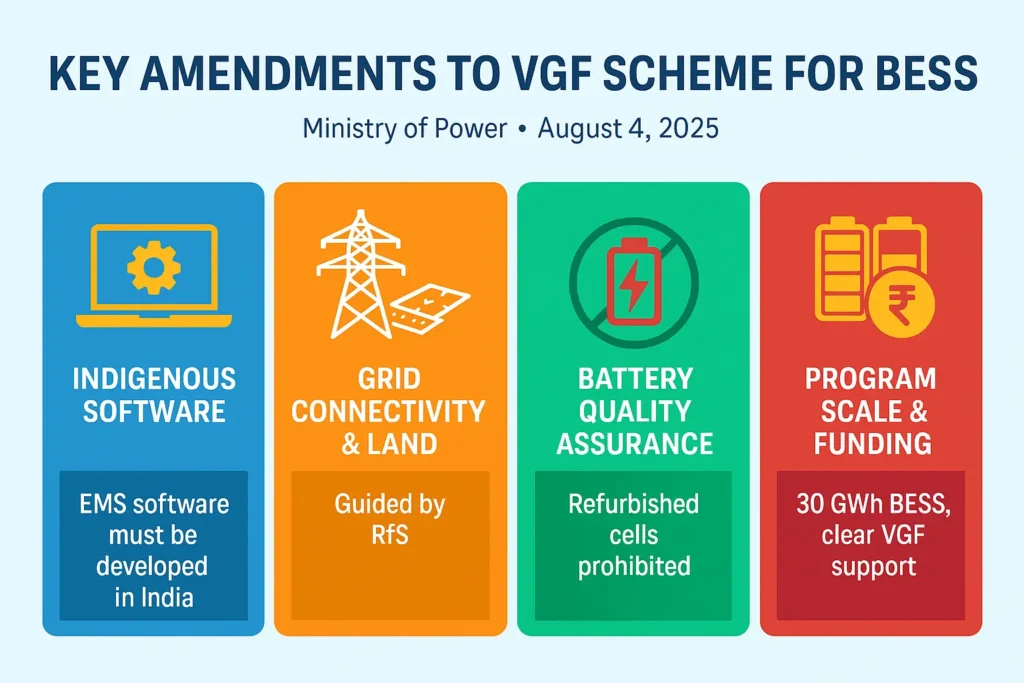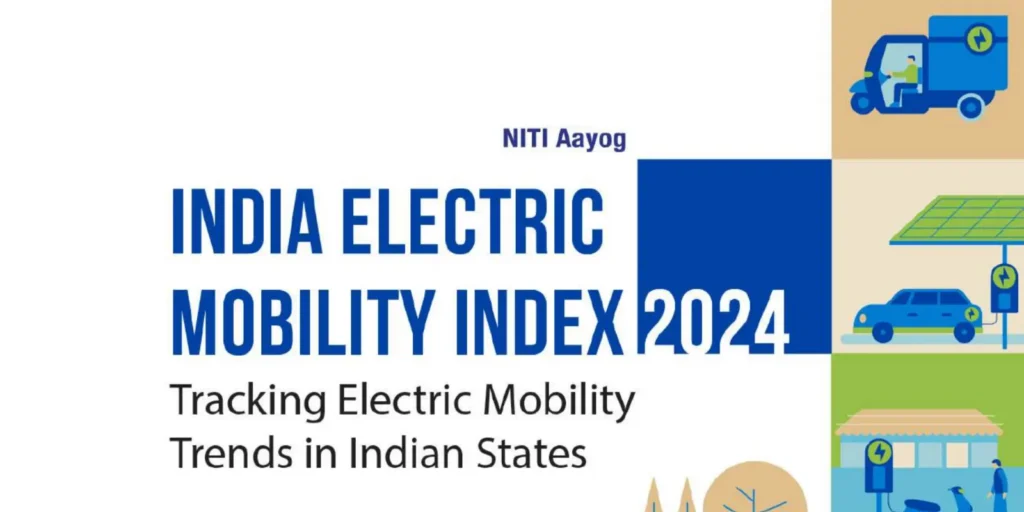
Electric vehicles (EVs) are no longer a thing of the future. They are here, and they are growing fast. In 2023, nearly 1 in every 5 cars sold across the world was electric. This is a huge change in how people travel. Countries around the world are trying to reduce pollution and save money on fuel. Many of them now support electric cars with strong policies and better charging stations.
Let’s take a look at the top 10 countries with most electric cars. We will talk about how many electric cars they have, what makes them successful, and what their future looks like.
Understanding the Global EV Market
Before we look at the top 10, here is what the world looks like right now.
In 2023, people bought about 14 million electric cars. That’s a 35% jump from the year before. Now, there are 40 million electric cars on roads around the world. Every week, over 250,000 new EVs are sold. This is more than the total cars sold in a year just 10 years ago!
Most of these sales came from China, Europe, and the United States. These three regions made up nearly 95% of all EV sales in 2023. By the end of 2024, experts expect EV sales to reach 17 million cars globally.
1. China – The Global EV Giant
China leads the world in electric vehicles. In 2023, it had over 21.8 million electric cars. That’s more than half of all electric cars in the world!
China sold about 8.1 million EVs in 2023 alone. These cars made up over one-third of all new car sales in the country. China’s government helped a lot by offering tax cuts, subsidies, and building the world’s largest charging network.
Companies like BYD are growing fast and even beating other car brands. China has over 760,000 public charging points, and the total number is even higher if we include private chargers. Even without some subsidies now, the market is still growing because EVs are cheap and easy to buy.
2. United States – Fast Growth, Big Market
The United States is second in the list of countries with most electric cars. It added 1.4 million new electric cars in 2023. That’s 40% more than in 2022!
Even with that growth, EVs only made up 10% of all new car sales in the US. But things are improving thanks to the Inflation Reduction Act. This law gives up to $7,500 in tax credit for some EV models.
In 2024, experts expect another 20% rise in sales. This could add half a million new EVs to US roads.
3. Germany – Europe’s EV Leader
Germany is Europe’s largest car market. It sold 524,000 electric cars in 2023. That’s 5.2% of global sales.
Big car brands like Volkswagen, BMW, and Mercedes-Benz are making strong moves into electric vehicles. Germany supports EVs with tax breaks, rebates, and stricter fuel rules.
Even though the government cut some EV funds, more rules coming in 2025 will push automakers to produce even more EVs.
4. United Kingdom – Moving Fast Toward EVs
The UK sold about 314,687 electric cars in 2023. That’s 3.1% of global sales. The UK is now ahead of Germany in battery electric car sales.
The government plans to ban petrol and diesel cars by 2030. The UK also has a strong plan called the Zero Emission Vehicle (ZEV) mandate.
British and global car makers are now building more EVs in the UK. Nissan has a big plant in Sunderland that builds many electric cars.
5. France – EV-Friendly Policies and Car Brands
France had 298,522 EV sales in 2023. This is 3% of global sales.
France supports EVs with strong policies. People get money to buy EVs. Cities are limiting gas cars, which makes people switch to electric.
French car brands like Renault and Stellantis (Peugeot, Citroën) lead the way. Renault’s Zoe is one of the best-selling EVs in Europe. France is also investing in local battery production.
6. South Korea – Smart Cars and Strong Batteries
South Korea sold 162,507 EVs in 2023, making up 1.6% of world sales. The country is known for advanced EV tech and strong batteries.
Car makers like Hyundai and Kia are global EV leaders. Their cars like the Ioniq 5 and EV6 are popular worldwide. They use a special EV platform called E-GMP.
South Korea also has top battery companies like LG Energy Solution and SK Innovation, which supply batteries globally.
7. Canada – Rising EV Use and Natural Resources
Canada had 139,541 electric car sales in 2023. That’s 1.4% of the global total.
Canada works closely with the US on EV production. It has lots of key minerals like lithium and nickel. These are used to make EV batteries.
Provinces like British Columbia and Quebec lead the country in EV use. They offer big rebates and stricter emission rules.
8. Sweden – High Adoption in a Small Country
Sweden sold 112,084 EVs in 2023. That’s 1.1% of global sales, even though the country is small.
Electric cars made up 60% of all new car sales in Sweden. That’s a huge number. People in Sweden care a lot about the environment.
Car brand Volvo plans to go fully electric by 2030. Sweden also produces lots of clean energy and builds many charging points.
9. Norway – The World’s EV Percentage Leader
Norway sold 104,590 electric cars in 2023. That’s 1% of world EV sales.
But here’s what’s special: 71% of all new cars in Norway are electric. That’s the highest rate in the world.
Why? Norway gives strong perks like no import tax, free tolls, and free parking. EV drivers can even use bus lanes. These offers make EVs cheaper than gas cars.
10. Netherlands – Smart Charging and City Planning
The Netherlands sold 104,720 EVs in 2023, which is also 1% of global EV sales. Netherlands has one of the best charging networks in Europe. You can find chargers almost everywhere, especially in cities.
The government supports EV use with rebates and clean air rules. Dutch cities are also planning to ban gas cars from entering the city center.
Why These Countries Lead in EV Adoption
The countries with most electric cars all share a few things in common:
- Strong Government Support: They offer tax cuts, rebates, and laws that help EV buyers. Some even plan to ban gas cars completely.
- Lots of Charging Stations: Places like China, Netherlands, and Norway have many charging networks & reliable public chargers. This makes EVs easier to own.
- Local Car Makers: Countries with big car brands like Germany, France, and Korea build more EVs. This also helps create local jobs.
- Cheaper EV Ownership: EVs cost less to run over time. You don’t need to buy gas. Electricity is cheaper, and repairs are fewer.
- Green Thinking: People in many of these countries care about the environment. They want to cut pollution and help the planet.
Conclusion: What’s Next for the Countries With Most Electric Cars?
The future looks bright for the countries with most electric cars. China is the leader in numbers, while Norway leads in percentage. Other countries like the US, UK, and Germany are growing fast too.
These countries show the world how to switch to cleaner travel. Their plans, charging stations, and car makers all play a big role.
As EV prices go down and more charging stations get built, even more people will switch. Electric cars are not just the future. They are the present. And the race to go electric is just getting started.



